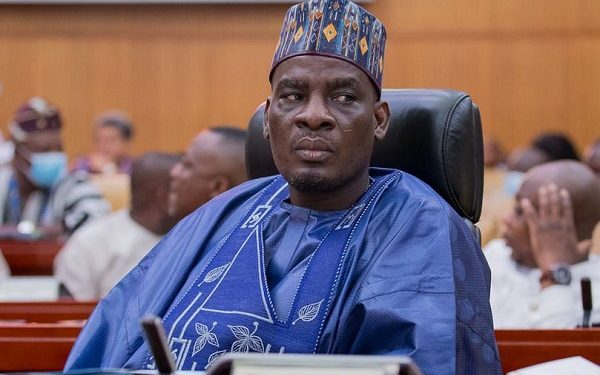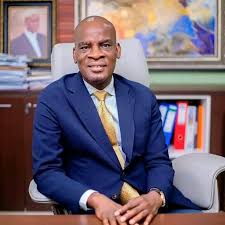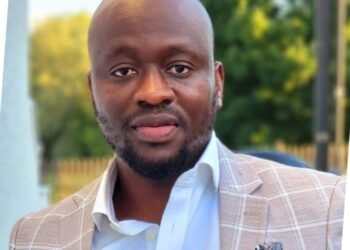The Minister for Education, Hon. Haruna Iddrisu, has reaffirmed the government’s commitment to strengthening Science, Technology, Engineering, and Mathematics (STEM) education from the basic school level, describing it as a national investment critical to Ghana’s future.
Speaking at the BSTEM Training Programme in Sunyani, the Minister stressed that STEM was not just another reform agenda but the foundation for Ghana’s ability to thrive in the 21st century.
He emphasized that the programme was intended to shift how young learners approach knowledge and skills, positioning them to become innovators and critical thinkers capable of transforming society.
Hon. Haruna Iddrisu traced the roots of the project to the period between 2012 and 2016, when it was conceived under the leadership of the then Minister for Education, who is now the Vice President, Prof. Jane Naana Opoku-Agyemang.
At the time, it began as the Basic Science and Mathematics Project with the aim of addressing challenges in teaching and learning at the basic school level. Over the years, it evolved into the BSTEM initiative “to align with global trends that were redefining the way countries approached education,” in science and technology.
Although the initiative stalled for several years, Hon. Iddrisu explained that it was revived at the end of 2024 with fresh energy and clear direction. He described the new phase of the project as one that is “firmly on course” to achieve its full potential and reshape the future of education in Ghana.

“The Ghanaian curriculum has been carefully designed to create pathways for our learners to identify and develop their talents early. We are moving away from rote memorization and towards inquiry, problem-solving, and creativity”
Hon. Haruna Iddrisu, Minister for Education
He argued that the goal was not simply to fill classrooms with new textbooks or gadgets but to ensure that children developed the skills to solve problems and approach knowledge critically.
According to him, Ghana’s capacity to respond to pressing global challenges would depend on how well its young learners were prepared to think innovatively.
Teachers at the Center
The Minister emphasized that the success of the entire agenda depended on teachers, who remain the drivers of transformation.
“No matter how well designed, a curriculum cannot succeed without modern teacher training that equips teachers with the knowledge, tools, and confidence to deliver STEM at all levels”
Hon. Haruna Iddrisu, Minister for Education
He added that the BSTEM programme was equipping teachers with digital skills and 21st-century methods that would allow them to inspire learners to see science and technology not as abstract subjects but as relevant and engaging disciplines.

Hon. Iddrisu commended teachers, facilitators, and stakeholders for their dedication, assuring them that the government would continue to provide support in the form of training opportunities, improved infrastructure, and the necessary resources to carry the initiative forward.
He linked the significance of STEM to the rapid expansion of fields such as artificial intelligence, biotechnology, robotics, and renewable energy, which are shaping the global economy. He said early exposure to these disciplines was essential if Ghanaian children were to become active participants in the technological revolution rather than passive consumers.
“This project is not just a training exercise but a national investment. It will whip up interest at an early age and ignite curiosity, creativity, and confidence among our pupils, planting the seeds of future scientists, engineers, and innovators who will drive national development”
Hon. Haruna Iddrisu, Minister for Education
The Minister stressed that STEM education was not limited to laboratories or scientific formulas. He argued that its true value lay in its capacity to generate practical solutions to some of Ghana’s most pressing challenges.

He cited areas such as food security, climate change, health care, and sustainable energy as examples of issues that demanded innovative thinking and application of science and technology.
By instilling these skills from the basic level, Mr. Iddrisu said Ghana would be building a base of resilience and progress that would serve generations to come. He called for a collective effort among educators, parents, and policymakers to see STEM not as an isolated sector but as a national strategy for survival and prosperity.
“Together, let us build a strong foundation in STEM starting at the basic level to secure Ghana’s future,” he concluded.
READ MORE: President Tinubu Commissions WAGL’s 40,000 CBM LPG Vessel























